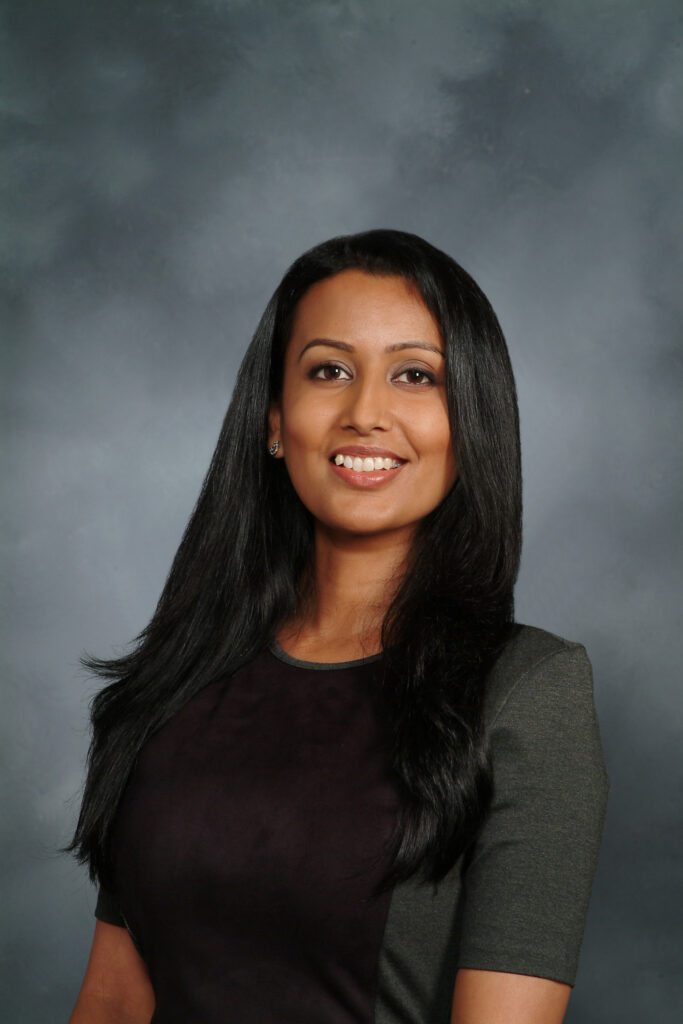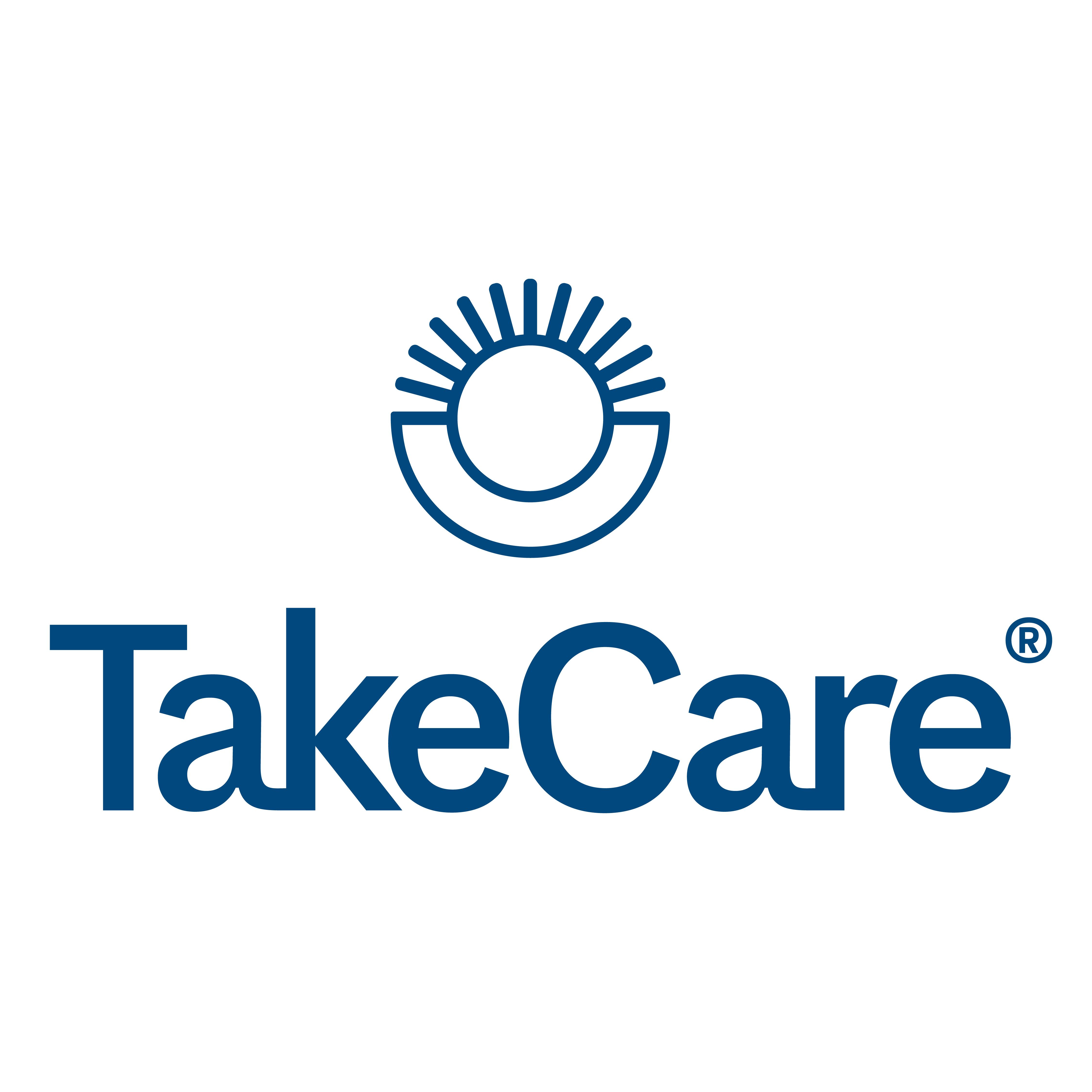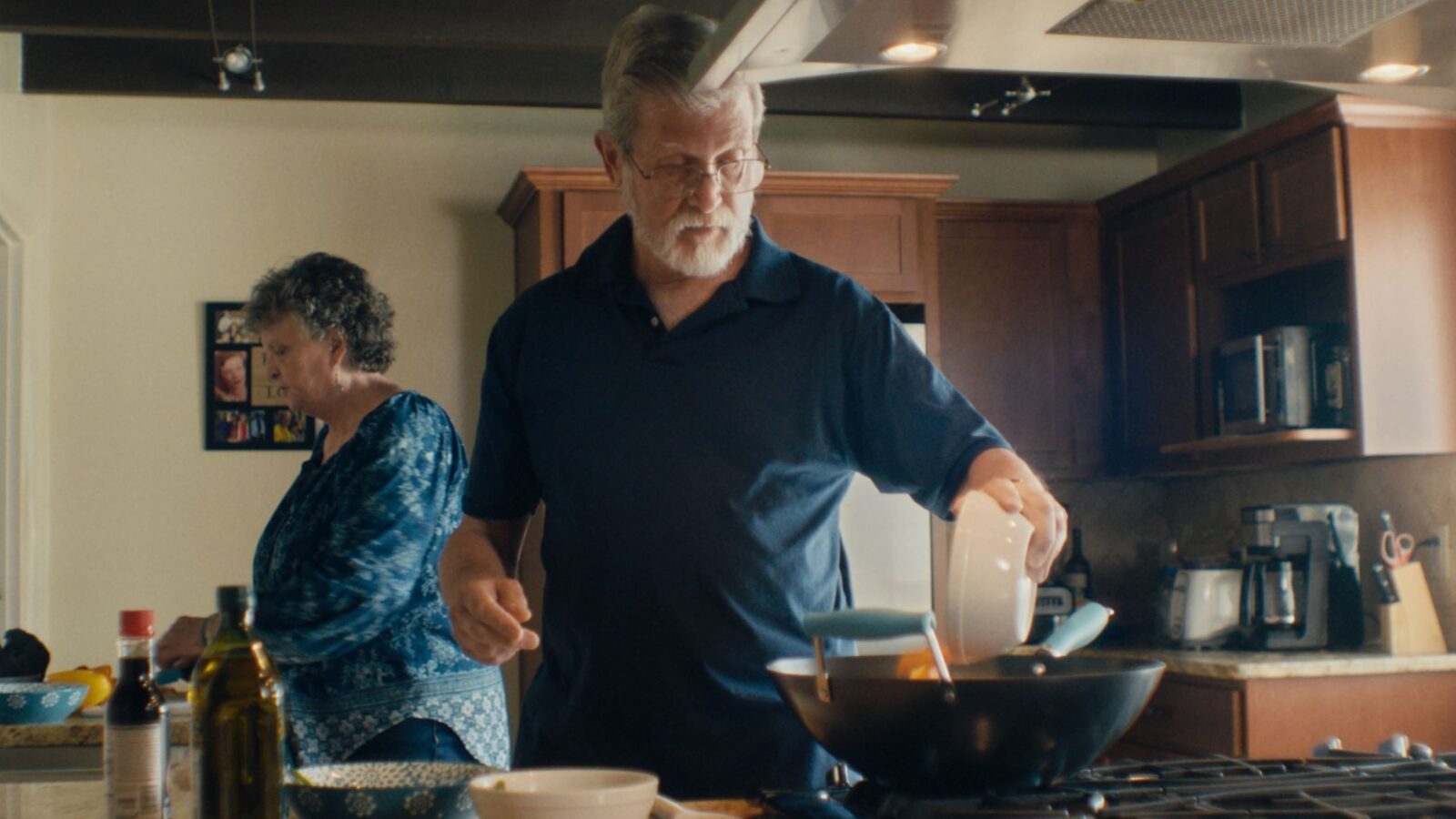For most of his life, Bruce was plagued by a traumatic childhood experience. While playing with his younger brothers in the ocean, one of his brothers got caught in a riptide. Both of his parents died that day saving his brother, and Bruce blamed himself for their deaths. “As I got older, I felt self-loathing and guilt, and I started drinking,” he says. The drinking continued for 24 years. When he finally stopped, like many recovering alcoholics, he replaced alcohol with highly processed and sugary foods. Soon he faced another life challenge: a diagnosis of diabetes.
“Diabetes: My Wake-Up Call” tells Bruce’s story of multiple traumas and hurdles—and how he overcame them. The short film is part of TakeCare, a national initiative rooted in science that provides the reflection, motivation, and implementation to inspire people to create health and well-being in their lives. As an internal medicine doctor and executive director of Integrative Health at Weill Cornell Medicine, I was pleased to serve as the Health Advisor on this film. While Bruce’s particular experiences are unique, his story reflects something I often see with patients: the first step toward healing is forgiveness and believing that they’re worthy of health and well-being.
First step: Understanding
As a doctor, when I first meet someone, I try to get to know them as a whole person. To understand their health, I need to understand them, which is why I often ask about their childhood. Like Bruce, many people have early life traumas that get in the way of real healing and health. In the film, he recalls that after years of drinking, “I realized that I did want to live and that I wasn’t responsible for my parents’ deaths. I sobered up and started making some changes. I felt like life was getting better.”
Facing a health diagnosis
But then Bruce discovered that he had diabetes. As he faced this new diagnosis, he was fortunate to have the support of his partner, Jo Ann. They began cooking healthy food together and exercising. He worked with his doctor and, with the right medication, began to manage his diabetes. These changes, along with good sleep and reducing stress, are critical in the management of diabetes, and many other chronic diseases. In my integrative health practice, I talk to patients a lot about these four pillars: nutrition, exercise, sleep, and stress management. This is particularly true in the case of Type 2 Diabetes, which is often manageable and preventable—and even sometimes reversible—with the right lifestyle changes.
The statistics for diabetes are staggering: one in ten people in the U.S. have diabetes and more than one in three have prediabetes. And these numbers are steadily increasing. Given the scale of this problem—and the toll it takes on individuals like Bruce—it’s important for people to understand that there’s a lot you can do to prevent and manage the condition. In addition to lifestyle changes and the support of family or friends, it’s important that you find the right healthcare provider.
As Bruce’s story so powerfully illustrates, managing a health diagnosis is rarely just about the diagnosis. It’s about your life experience up to that point, your perceptions of the condition, your fears, your sense of being able to make changes in your life and take care of yourself. As you look for a healthcare provider, try to find someone who takes the time to get to know you and fully understand any obstacles that might get in the way on your healing journey. It’s also essential to find someone you trust.
The value of intention
For people like Bruce, none of these lifestyle changes or relationships are effective or sustainable without intention. As he says, “The biggest change came when I decided that I needed to do something, and I wanted to do something.” This is often the case with people facing a physical or mental health challenge. The first step in making an important change is a willingness and belief that you can make a change, which I define as being intentional. If you’re only making a change to your diet, for instance, because your doctor recommends it, it’s unlikely to stick. It needs to mean something to you personally.
For Bruce, the life changes he’s made to manage his diabetes have been intentional and meaningful—and are rooted in the knowledge that he deserves to be healthy and happy. “I can still run, I can still walk, I can still hug my grandchildren,” he says. “Maybe I can grow, maybe I can learn, maybe I can change to be more fully and completely me. And the reality is, I’m worthy of being loved, and I’m extremely thankful for that.”
You can read this blog on TakeCare.

Chiti Parikh, MD, served as advisor on the film, “Diabetes: My Wake-Up call,” as part of The Healthy US Collaborative’s TakeCare initiative. Dr. Parikh is Executive Director of Integrative Health and Wellbeing at Weill Cornell Medicine where she is an internal medicine physician. She has a holistic approach to care that addresses not only physical, but also psychological, social, spiritual, and environmental influences on health. She combines the most cutting-edge innovations of modern medicine with integrative modalities such as yoga, meditation, acupuncture and nutrition to help patients prevent diseases and attain optimal health.


